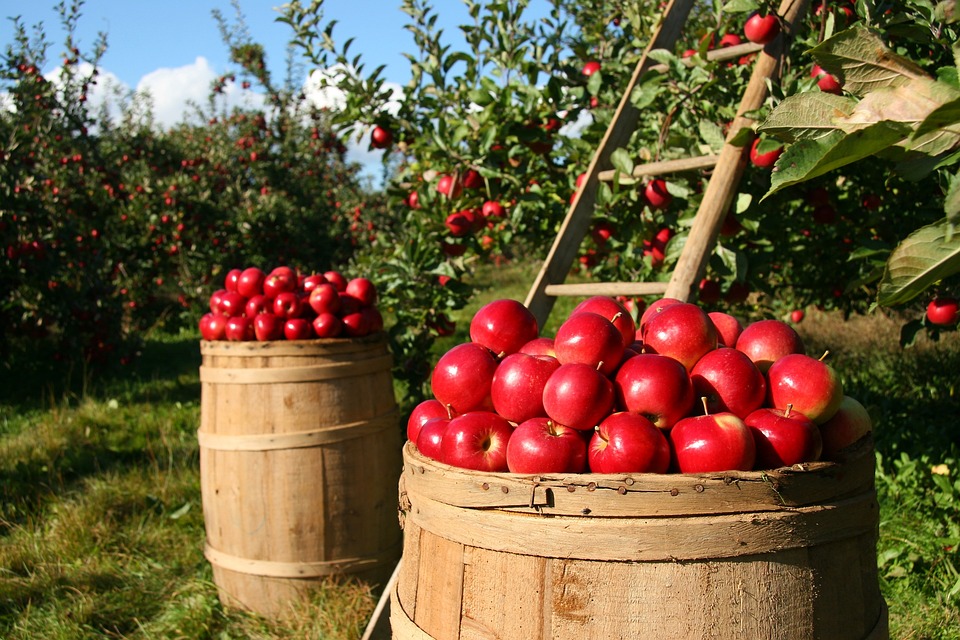Introduction
Gardening has always been a popular hobby for nature enthusiasts and those who appreciate the beauty of plants. However, traditional gardening methods can be challenging, especially for individuals with limited outdoor space or those living in urban areas. With the advancements in technology, a new form of gardening has emerged, showcasing the future of gardening: home hydroponic gardens. These innovative systems offer a range of benefits, allowing individuals to grow their own crops and flowering plants in a controlled indoor environment.
Benefits of Home Hydroponic Gardens
Hydroponic gardening involves growing plants without the use of soil. Instead, nutrient-rich water is used to deliver essential elements directly to the plants’ roots. This soilless technique presents several advantages:
1. Space Efficiency:
One of the primary benefits of home hydroponic gardens is their space efficiency. Traditional gardens require vast areas of land, but hydroponic systems can be set up in small indoor spaces like apartments or even on countertops. Vertical hydroponic systems optimize space usage by growing plants vertically, making it possible to cultivate a variety of crops in limited square footage.
2. Water Conservation:
Another significant advantage of hydroponic gardening is its water-saving nature. Traditional gardens consume large amounts of water due to evaporation and runoff. In hydroponics, water is recirculated through the system, minimizing waste. Additionally, water usage can be optimized by using smart controllers that monitor and adjust watering cycles according to plant needs.
3. Year-Round Cultivation:
Unlike traditional gardening, hydroponic systems allow for year-round cultivation. By providing a controlled environment, including optimal temperature, humidity, and lighting, plants can grow and thrive regardless of the outdoor season. This capability grants gardeners the freedom to enjoy fresh produce and beautiful flowers at any time of the year.
4. Faster Growth and Higher Yields:
Hydroponic gardens provide plants with a precisely balanced nutrient solution, allowing them to absorb all necessary elements without competition from weeds or variations in soil quality. As a result, plants can grow faster and achieve higher yields compared to traditional gardening methods. With proper care and resource management, hydroponic gardeners can have bountiful harvests in a shorter timeframe.
5. Pest and Disease Control:
In traditional gardens, pests and diseases can wreak havoc and cause significant damage to crops. Hydroponic systems offer better pest control due to their indoor environment, reducing the risk of infestations. Additionally, the absence of soil eliminates soil-borne diseases, ensuring healthier plants and increased overall productivity.
FAQs Section
1. Is hydroponic gardening suitable for beginners?
Yes, hydroponic gardening can be ideal for beginners. With the availability of user-friendly systems and a wealth of online resources, individuals of all gardening skill levels can easily learn and start their hydroponic journey.
2. Do hydroponic systems require a lot of maintenance?
While hydroponic systems do require regular maintenance such as monitoring nutrient levels and pH, the overall maintenance compared to traditional gardens is relatively low. With proper planning and organization, hydroponic gardening can be less time-consuming and more efficient.
3. Can I grow a variety of plants in a hydroponic garden?
Absolutely! Hydroponic gardens can accommodate a wide range of plants, including vegetables, herbs, flowers, and even certain fruit-bearing plants. With the right setup and optimization of environmental factors, almost any plant can thrive in a hydroponic system.
4. How much does setting up a hydroponic garden cost?
The cost of setting up a hydroponic garden can vary depending on the scale and complexity of the system. Beginner setups can be relatively affordable, starting at around $100, while larger or more advanced systems may require a higher investment. However, the long-term savings on water and increased productivity can make hydroponic gardening cost-effective in the long run.
5. Are hydroponically grown crops as nutritious as traditionally grown crops?
Yes, hydroponically grown crops can be equally, if not more, nutritious than traditionally grown crops. Hydroponic systems provide plants with precisely measured nutrients necessary for optimal growth, resulting in healthy and nutrient-dense crops.




